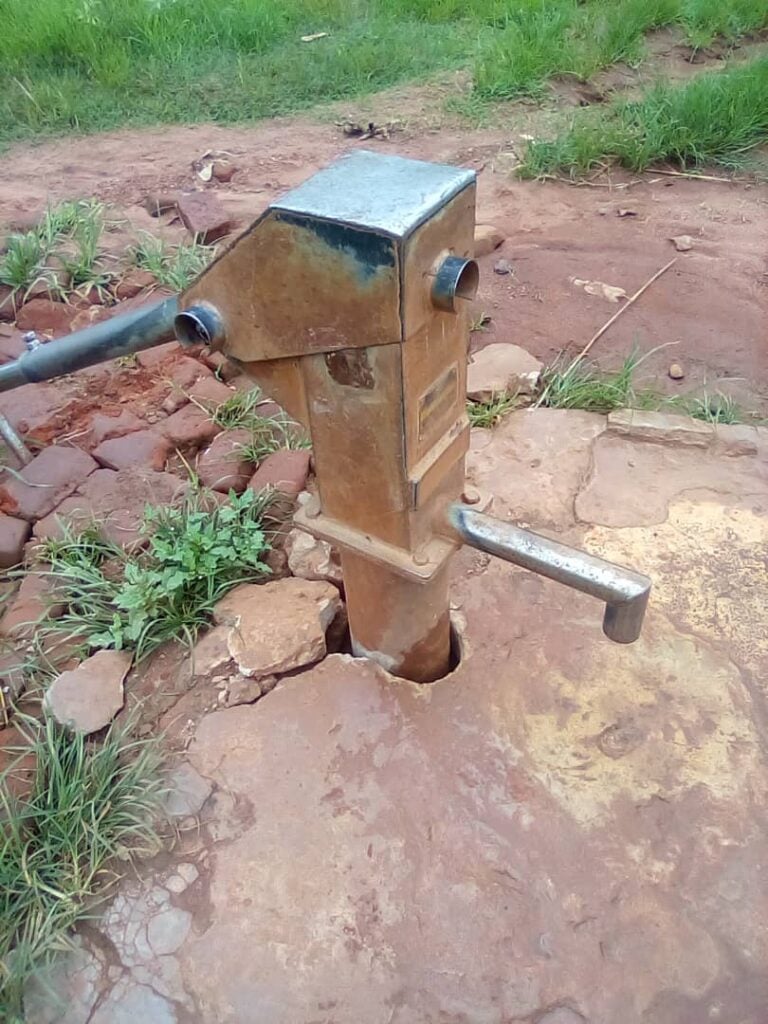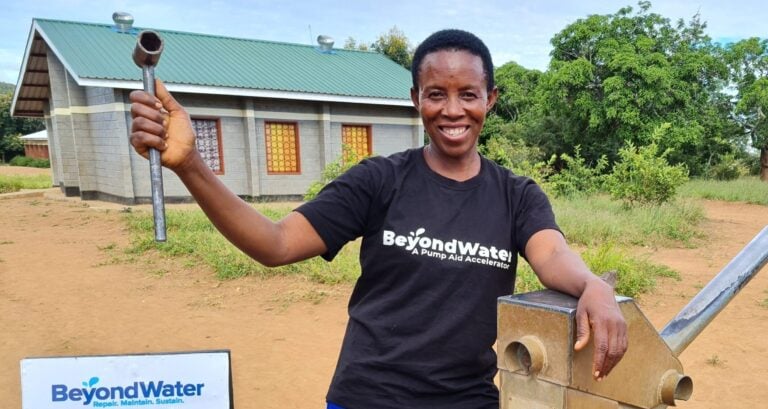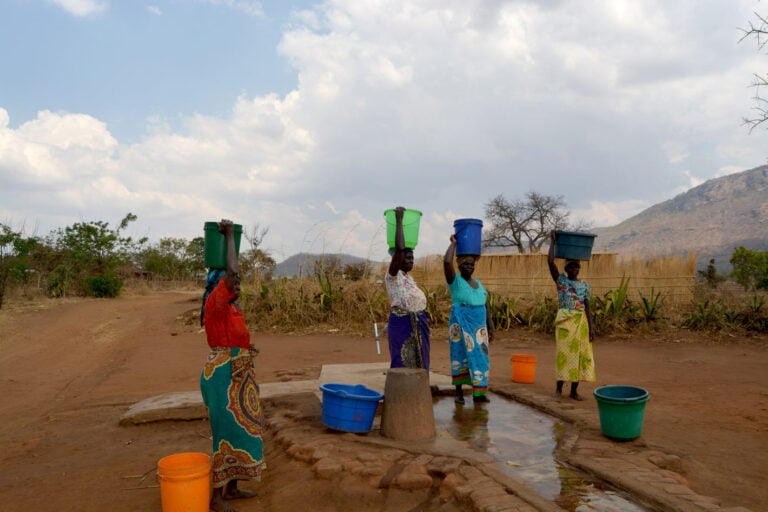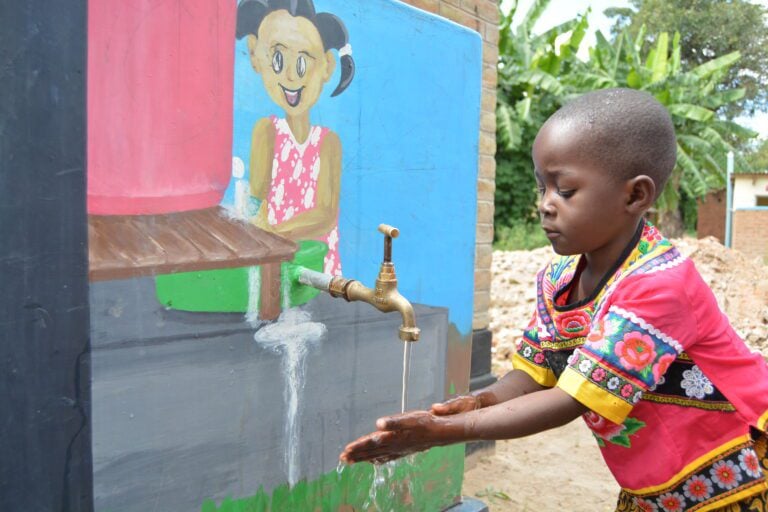International Women’s Day in Malawi
For women and girls in Malawi, there are many obstacles to accessing water, sanitation, and hygiene due to the issue of gender inequality. Women and girls also face barriers to education and employment due to poverty, low water pump functionality and young marriages leading to unplanned pregnancies and school dropouts.
Recognising that the burden of daily water collection falls on women, we ensure to encourage participation from women in our water entrepreneur programme, farmers groups and caregiving roles at CBCCs. This International Women’s Day (8th March), and throughout the year, we want to celebrate the women embracing equality and accelerating change in rural communities in Malawi.
Supporting Women’s Farmer’s Groups
The Chifundo Women’s Group located in Jekemu village in Mchinji District was formed with aim of helping CBCC activities such as buying sugar, salt, maize and soya beans for porridge processing. Pump Aid trained the farmers group on integrated farming so they can produce crops to support the CBCC and equip their capacity in small scale irrigation systems and kitchen garden management. This training was facilitated by Agriculture extension officers and community development assistance.
“Being part of this group has given my life as a woman a different meaning, for it has always been that a woman should stay home and depend on her husband, but this group has helped me become my own woman and not depend too much on my husband,” Rebecca Andrew, a member of the Chifundo Women’s Farmer’s Group.
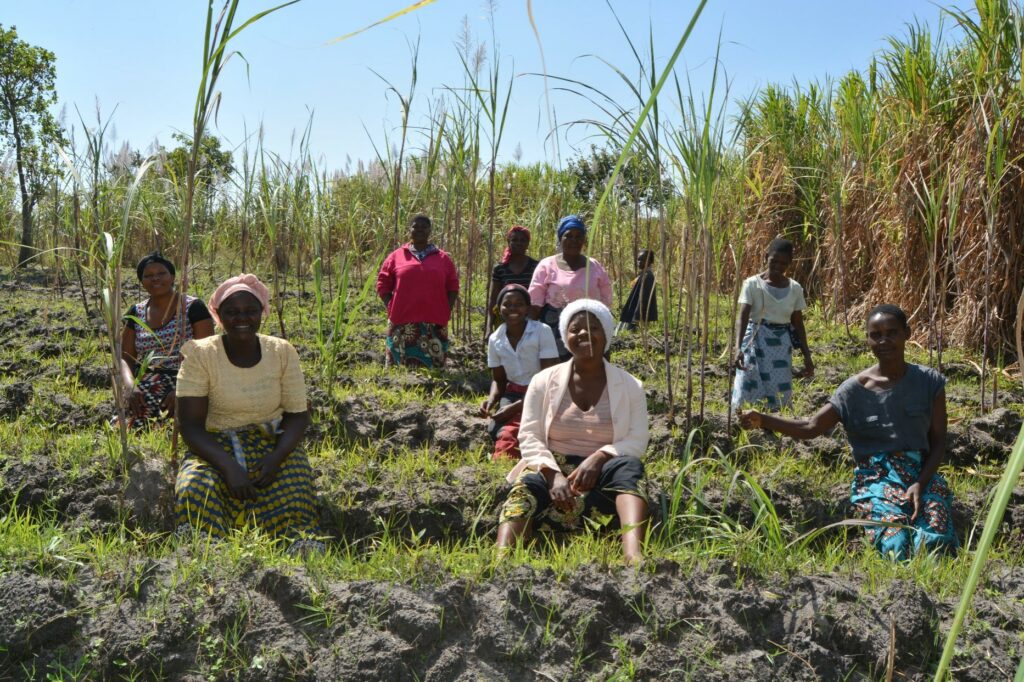
Improving livelihoods through entrepreneurship
By promoting self-investment in water supplies, it encourages self-sufficiency whilst bringing clean water closer to where it is needed. Improving access to reliable water also provides basic requirements for hygiene and sanitation therefore improving community health.
“I saw this as an income source which would help me be part of a team helping my fellow community members have access to clean and safe water as well as reducing the number of non-functional boreholes,” Maggie Paul, a Pump Aid-Beyond Water trained entrepreneur.
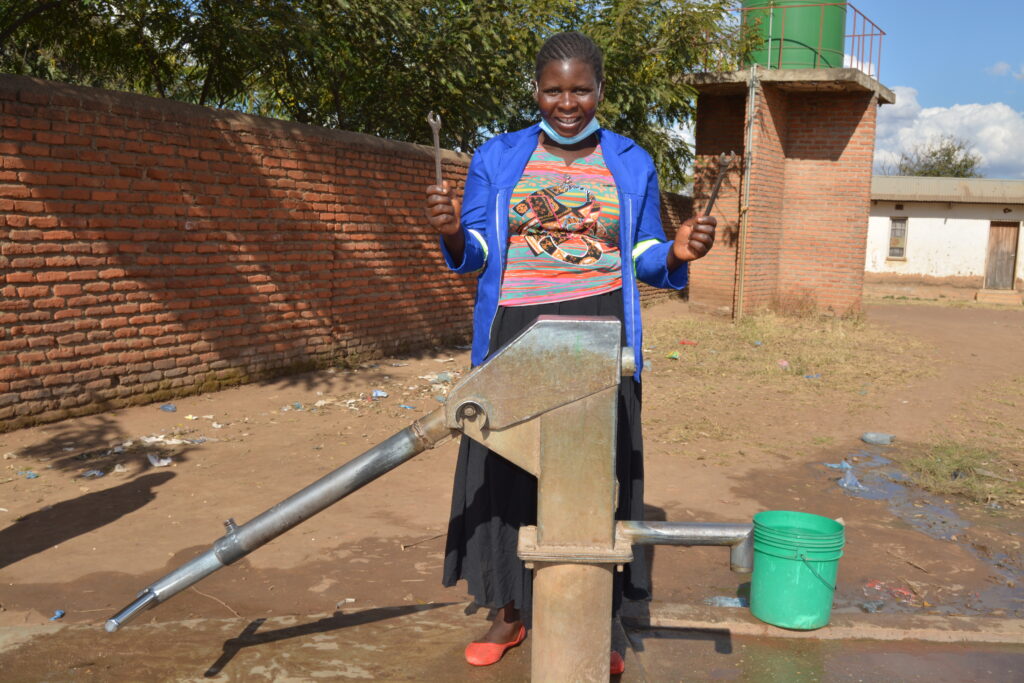
Supporting the development of successful women water entrepreneurs also provides an example to other women and girls in their communities, inspiring the next generation to build their own future and overcome social barriers by challenging the gender norms in rural Malawi.
Investing in future generations by training caregivers at CBCCs
We work with caregivers to add hygiene and nutrition to their peer-to-peer learning interventions to promote good hygiene and nutrition practices in surrounding communities, so children at the CBCCs can have their good behaviours reinforced. Also, children become advocates for positive hygiene behaviour, encouraging parents and community members to follow these practises.
“Ever since we received the training in WASH and nutrition, we have improved our lessons with meaningful songs which relay WASH messages to the children in a way they can easily relate” Stephano, Malolo CBCC.
Ensuring caregivers have adequate training means they will spend more time providing educational stimulation, nutritious meals, and child-centred hygiene behaviour education. Investing in future generations by establishing kitchen gardens and hygiene education improves health and nutrition for the children.
Celebrate International Women’s Day in Malawi! Thanks to a generous donor, any donation made to our Matchfunding March will be doubled up to a total of £30,000! With this funding, we could support 30 women’s farmers groups, 3 entrepreneurs and 300 children at 3 CBCCs.
